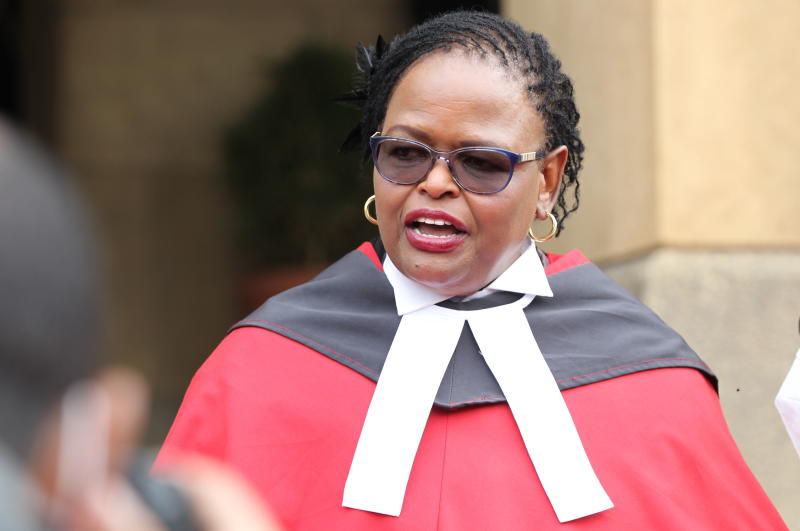Kenya Power exposed Kenyans to a Sh15 billion unsecured project
- Aug 17, 2020
- 2 min read

Kenya Power single-sourced for a contractor to carry out a Sh15 billion rural electrification project despite the National Treasury stating that it would not guarantee the project in case of a default.
A court found that Kenya Power (KP) ignored regulations that require State projects to be procured in a free, fair and competitive bidding process.
In what High Court Judge John Mativo called “a perennial issue bedeviling government projects”, KP locked out local contractors in favour of a Chinese consortium of companies on the basis that the project was pegged on a bilateral agreement and was therefore not subject to procurement laws.
This is the same flawed argument that Kenya Railways had used in its defence before being rebuked by the Court of Appeal for illegally hiring a Chinese firm to take up the Sh500 billion Standard Gauge Railway project.
A letter from the Treasury dated June 25, 2015 indicated that although it had given Kenya Power the go-ahead to obtain a loan from French Government lender Agence Française de Développement (AFD), the agreement was not a government guarantee for the loan.
The electricity distributor however went ahead to contract Zoec-Shepedc-Nginu, a joint venture vehicle comprising Zhejiang Orient Engineering Co Limited, Zheijang Huayan Electric Power, Engineering Design & Consultation Co Limited and Nginu Power Engineering.
Kenya Power justified its actions on account that the initiative was premised on a bilateral agreement, and that local contractors had no financial muscle to carry out the project.
Justice Mativo however observed that KP breached procurement law and the Constitution.
“The golden thread running through the main applicant’s argument and the counter-argument concerns the lawfulness of the procurement process. At the heart of the dispute lies the perennial issue of procurement of goods and services by a public entity.”
He added: “Compliance with the requirements of a valid tender process, issued in accordance with the constitutional and legislative procurement framework, is thus legally required and it is not open to a State entity to simply disregard these at a whim. To hold otherwise would undermine the demands of equal treatment, transparency, and efficiency under the Constitution.”
KP went to court after being directed by the Public Procurement Administrative Review Board (PPARB) to re-tender the project and factor in local contractors under the Energy Sectors Contractors Association.
Company lawyer Edward Ratemo argued that the PPARB had no powers to cancel the tender since the loan agreement between the Kenyan and French governments was governed by international treaty.
“The board failed to consider that AFD is a French public agency governed by French law and not subject to the jurisdiction of PPARB. They overreached and made an illegal decision, which does not benefit the public,” said Mr Ratemo.
This article was published by The Standard.




Comments